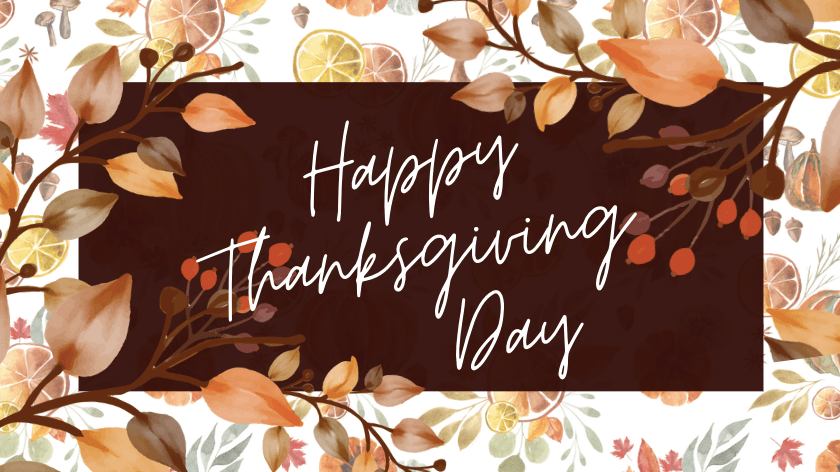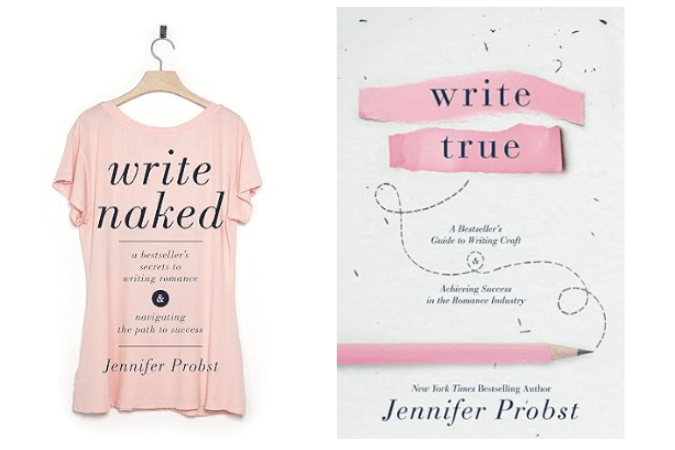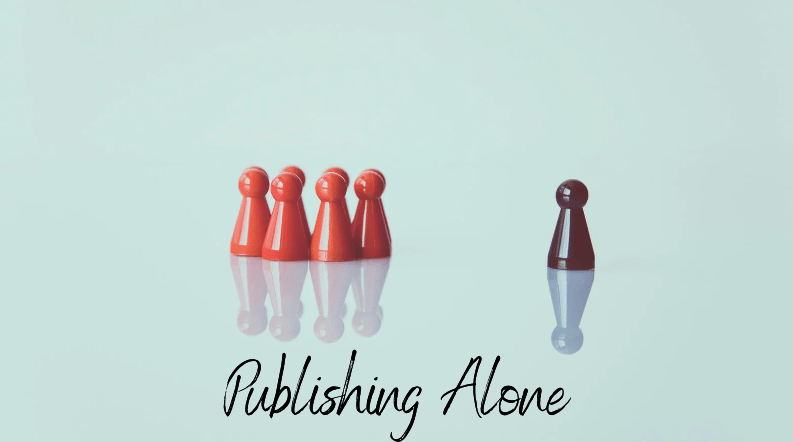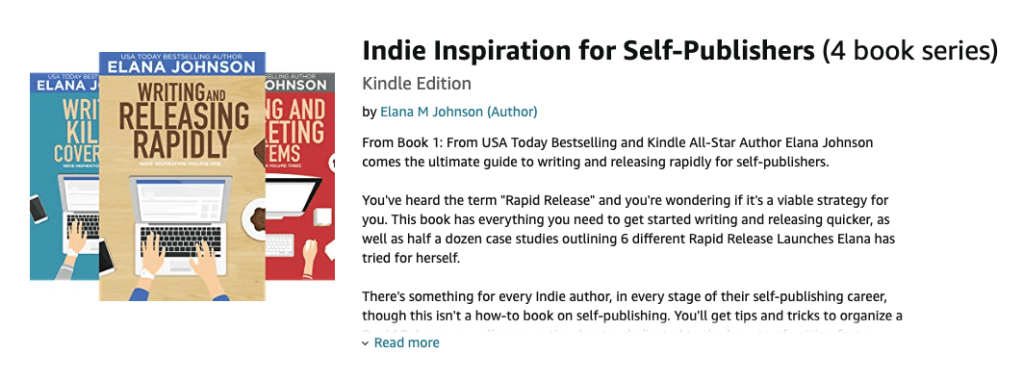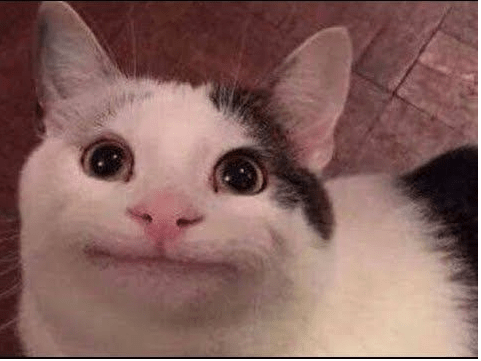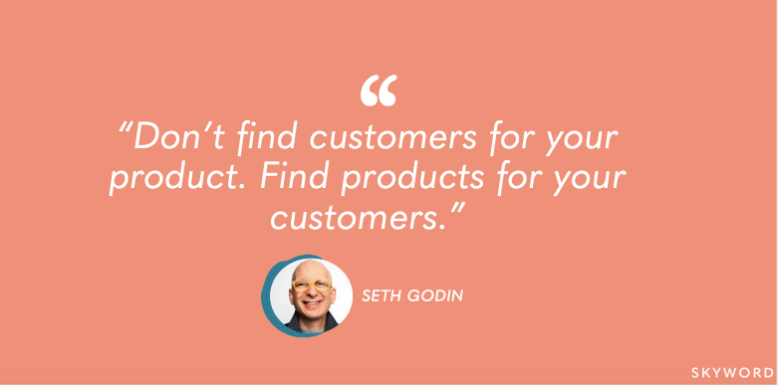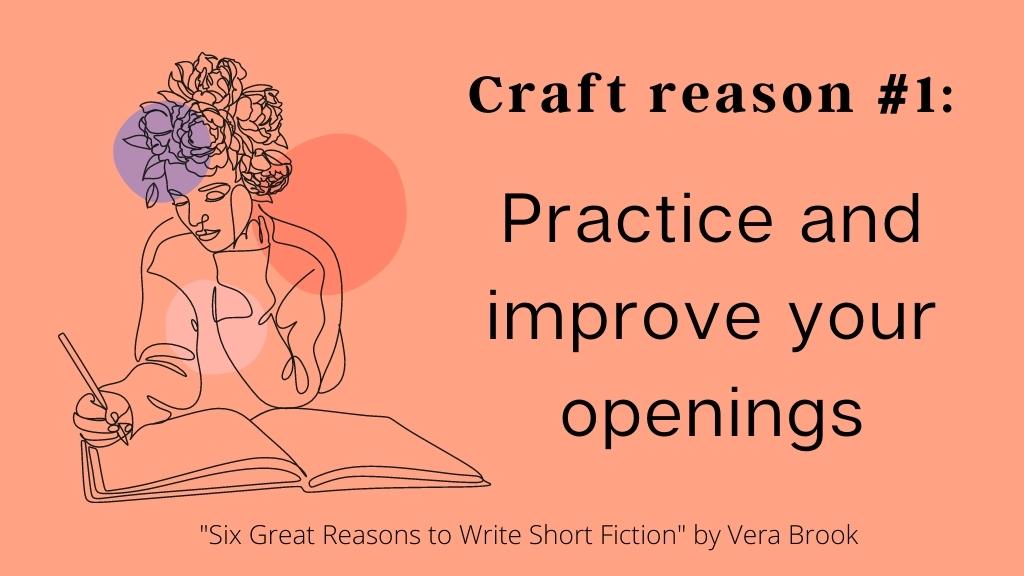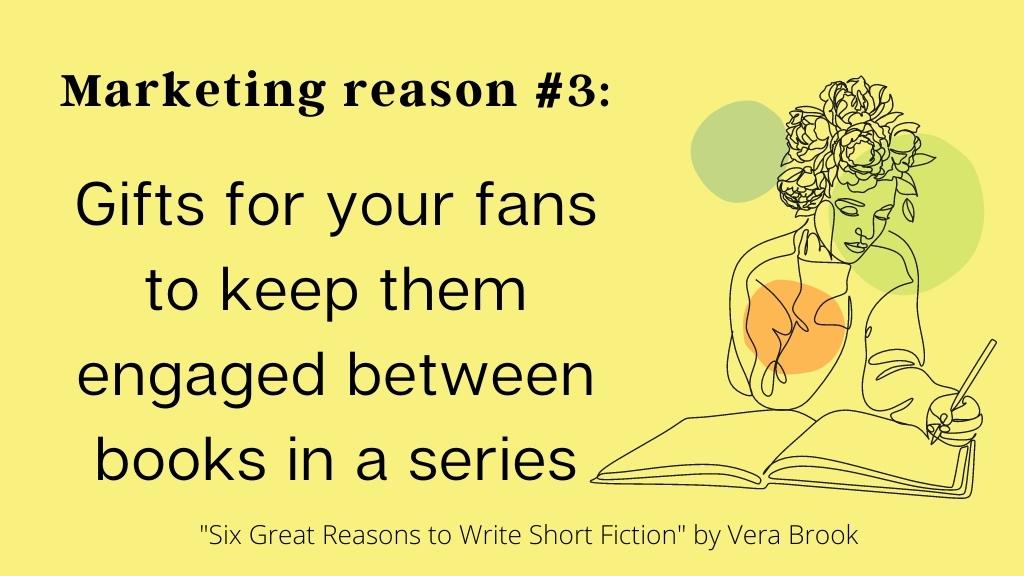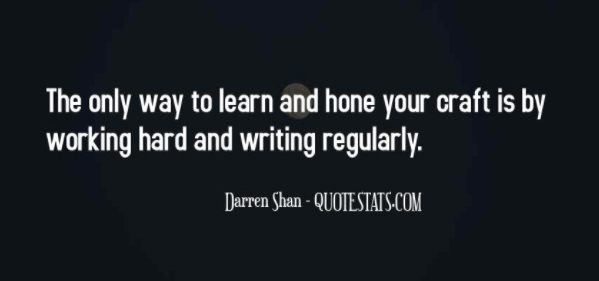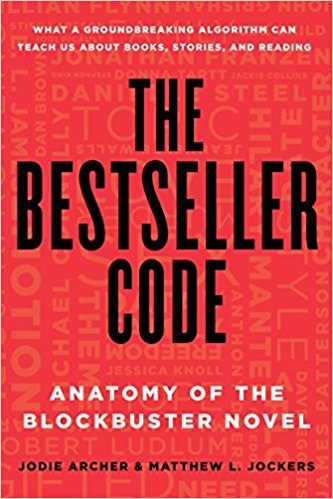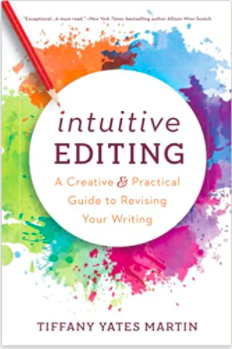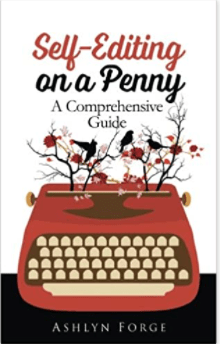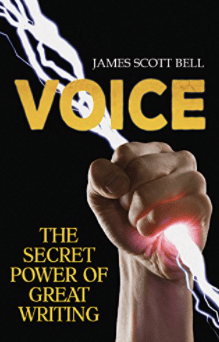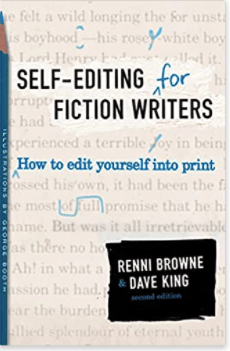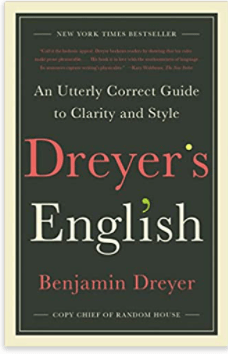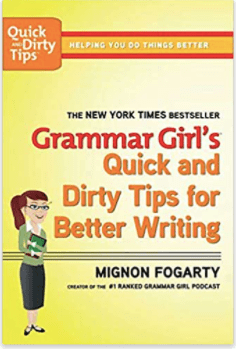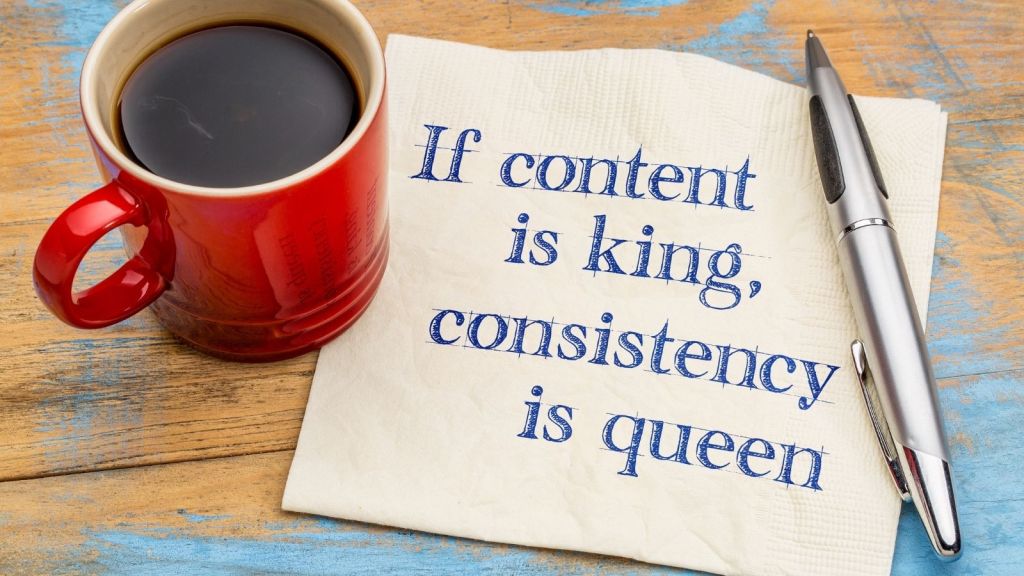
After a chat with a friend, I realized how little I read for pleasure (well, I knew that, but she makes time to read and I…don’t). I used to love to read–I think most writers have been (or still are) voracious readers at some point, but like a lot of writers too, the moment I sat down to write my own books, reading for pleasure took a backseat.
There are a couple of reasons for this but the biggest one is that there isn’t a lot of time. Once you hop on the indie merry-go-round, it takes incredible willpower jump off. I’ve been running on it since 2016 chasing after that elusive brass ring that seems farther and farther away with every rotation. Doing anything that’s not working on my books feels like a waste of time (and needless to say, it’s what I enjoy doing most when I’m not working) and I know what a dangerous mindset that can be. Deep in my heart I know as a writer (and as a person, really) you need to experience new things, new ideas, meet new people. What is that saying?
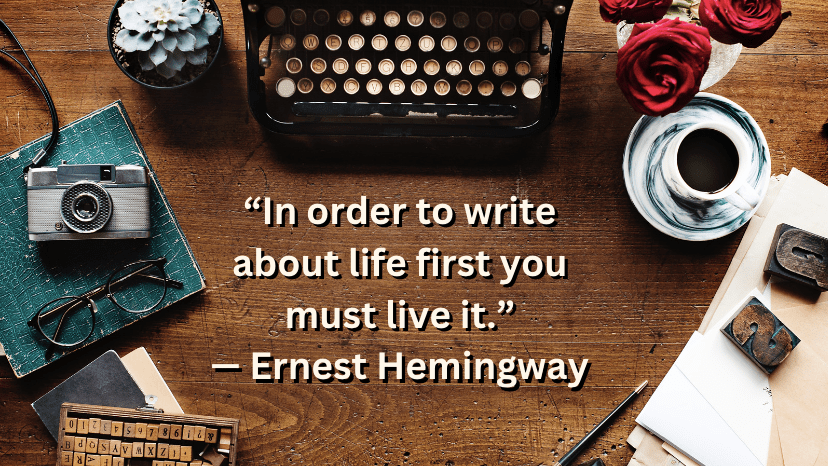
This isn’t exactly an argument for writing what you know, but it kind of is, too. I went to Santa Barbara, California, for a writing conference… five years ago I think now. I’ve seen the ocean many times, in Florida and I once went to Cancún for spring break, but until you see the coasts in person, you don’t realize how different they are. It surprised the hell out of me that the Atlantic Ocean was cold. I’ve swam in the Pacific and the Gulf of Mexico, but in June, in Santa Barbara, there was no way I would have jumped in (and this is from a woman who’s swam in Minnesota lakes). I was also surprised by how chilly it got in the evenings. I was expecting the Floridian heat and humidity, and I was pleasantly surprised. Fast forward to this year when I wrote my rockstars and Olivia moved to Malibu for the summer to help Sheppard. She was from Minnesota and had never been to California before. It was so much fun to push my experiences into her life. I never would have been able to do that had I not traveled to California for that conference. I met a lot of nice people, scooted out of my comfort zone, and learned a few things too. But, I took the time to do it, something that seems unfathomable now.
Reading has fallen to the faraway wayside, and I need to get back to it. Not only because I enjoy reading, but because you can learn from another person’s writing style, vocabulary, and their own experiences they put into their books. It’s important as a writer to read, especially in your genre so you understand reader expectations, tropes, and what readers are enjoying. I think taking this approach will help me read more. I’ve always been a sucker for research, diving into hours of YouTube videos to write Captivated by Her and looking up plane crashes like JFK Jr. and Carolyn Bessette’s, when I wrote the series I’m editing now. I can still get sucked into looking at photos of them and reading about their crash. Even when I wrote my rockstars, I watched Lady Gaga’s documentary on Netflix and read Taylor Jenkins Reid’s Daisy Jones and the Six and watch the series on Prime. I probably should have read more rockstar romances before writing my trilogy–I’m lucky they’re meeting reader expectations for that subgenre (At least, I think they are. I haven’t heard otherwise). Do you know the book I fell back on when the plot of Twisted Alibis landed in my lap? An old Nora Roberts standalone about a rock band called Public Secrets. Copyrighted in 1998, I read it many years ago, and no, I didn’t reread it when I was plotting my books.

I probably shouldn’t feel like I need to look at reading as research, but I think I’m going to have to. I want to read, I used to enjoy it, and I had no trouble reading the book I mentioned in a previous blog post, or the one that came after that. It’s a mind thing, thinking that if I’m not working on my own books (or making graphics for them) I’m wasting time.
There are a ton of other things I want to do–shows to watch, cleaning, putting together bookshelves and weeding out books like the publishing books I bought years ago that are obsolete now. I said I was going to take December off, but I have no idea where that delusion came from–I want to get this series put up because I am really looking forward to writing new books. BUT, I need to research them so I can do the mafia subgenre justice. I need balance, but I feel like there’s lava on one side and a pool full of piranha on the other. I know working only on my own books isn’t good for me, or even my books, but damned if I can slow down for even a minute.
And to make matters worse, I’m not even all that fast. Most of the books I published this year I’d held back, so I wasn’t even really writing for a lot of 2023. Then you hear of the indies who do this full-time who say, “Oh, well, I published 8 books this year, but it was a slow year for me. I usually do 10-12,” and you don’t want to get left behind. What’s funny though, is I’m already behind, so the idea of being left there is just a figment of my imagination.
The bottom line is, I like working on my own stuff too much. All things should be enjoyed in moderation, but unfortunately, I started working on my series, and I honestly won’t stop to do anything else now until they’re ready to go. Tenacity and dedication can help you succeed, but I think you can appreciate it more fully if you take time out.
Not to mention, it’s nice to know what everyone is talking about on social media when it comes to the hottest new thing. It helps you join in the conversation, which is why I started watching Bridgerton in the first place. I wanted to know what all of Romancelandia was talking about. If you don’t know, that’s a different way to get left behind. Also, knowing who does what when will help you build your brand. If you’re an author, promoting books like yours can help build your platform. That’s where breaking out of the #writingcommunity can come in handy. You don’t want to only recommend your friends’ books. You might like reading other genres, but readers can be set in their ways and only read one thing. You can teach them to go to you for book recs and then when you have a new book out, you already have an audience who reads it.
Being this is the end of the year, I can put reading and “experiencing life” on my 2024 New Year’s Resolutions. There are also a lot of speakers I want to watch on YouTube from the 20Booksto50k conference last month. One of my resolutions is to get better with FB ads, and Mallory and Jill Cooper were there. As far as resolutions go, I’m paying off my car this week (YAY!!!), and instead of absorbing the payment into my monthly budget, I’m going to keep taking it out and save up for a BookBub featured deal. I think it’s time I start applying for those, but a Contemporary Romance spot is 665 dollars. I’ll have to save up for four months, but I think my backlist and my pen name are ready for that kind of boost. I have no doubt that my rockstars would give me the read through I need to recoup my fee. But all my resolutions would make for a good post next month, so I’ll stop there.
Next week I have my guest author interview. My year-end wrapup will fall on Christmas Day, but I’ll write it the weekend prior and schedule it. I can’t believe how fast December is going, but I’m hoping to get through book two before the New Year. It’s taking me a bit longer than I had anticipated to get through book one. I’ve read these so many times by now, and yeah, book one is a little slow because it’s setting up the next five books. There’s still stuff going on, but nothing is new to me and I’m dragging my feet. I’ve added 2,000 words already and I have 5 chapters left to go. Mainly just filling in some scenes that read too stark. I’m happy with the changes, and I’ll be very confident putting these out.
That’s all I have for this week. Read something that doesn’t have your name on it, haha.
Until next time!


